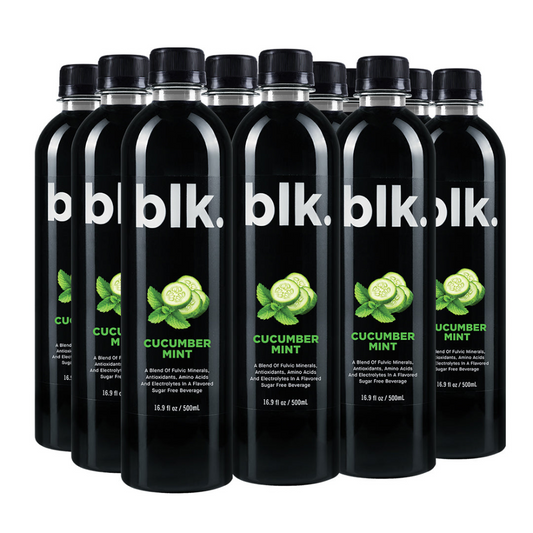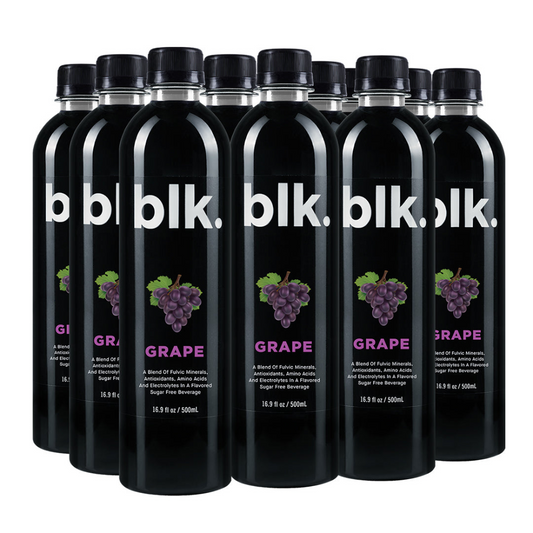
Optimizing Protein Synthesis with Beef Protein
This guide gives you an insight on:
- What protein synthesis is
- Types of Beef Protein
- The benefits of protein synthesis
- The importance of protein synthesis
- Factors affecting protein synthesis
Protein synthesis plays a vital role in building and repairing tissues in the body. Optimizing protein synthesis is essential for athletes, bodybuilders, and fitness enthusiasts to maximize muscle growth and recovery. Adding protein as dietary supplements helps to optimize protein synthesis. While various sources of protein are available, Beef protein, in particular, has gained popularity in recent years. It is considered a high-quality protein source that can support muscle growth and recovery. In this article, we share the benefits of beef protein for optimizing protein synthesis and how it compares to other protein sources.
What is Protein Synthesis?
Protein synthesis is a biological process. During protein synthesis, your body cells create proteins through transcription and translation. The cells regulate the working of those involved in protein synthesis including DNA, RNA, and other vital enzymes to ensure protein synthesis happens in right amount and at right time.
The Importance of Protein Synthesis
Biologically, proteins are essential for normal body functioning. Through protein synthesis, your body builds proteins which it needs to perform its core functions. Keep in mind that without protein synthesis, your body may not be able to produce essential hormones, enzymes, and new muscles.
Here are some of the specific importance of protein synthesis:
- Promotes growth and development
- Encourages the creation of critical enzymes
- Support optimal body structure
- Improves immune system functions
- It helps in hormone production
Factors Affecting Protein Synthesis
There are certain factors that reduce or slow down the process of protein synthesis, preventing your body from creating new proteins. They include:
- Medication- Medications such as Tetracycline and glycylcycline can affect protein synthesis.
- Age- Generally, aging is associated with decreased skeletal muscle mass and function as a result of reduced skeletal muscle synthesis.
- Nutrition and Diet- Eating foods rich in protein promotes protein synthesis.
- Exercise and training
How Protein Synthesis is At Its Best With Beef Protein
Beef protein powder contains all the nine essential amino acids, i.e, isoleucine, leucine, lysine, methionine, phenylalanine, threonine, tryptophan, valine, and histidine. As the name suggests, essential amino acids are vital and can only be obtained from our diet. They aid in protein synthesis, tissue repair, and nutrient absorption.
Beef protein contains a rich iron content, a mineral your body needs to form hemoglobin. When your body has more iron, it can have more blood cells, allowing it to carry more oxygen through your blood. Failure to take foods rich in iron may lead to an iron deficiency which may cause anemia. Iron optimise protein synthesis, by more production of myoglobin a protein found in muscle tissue that stores oxygen and helps muscles function.
Beef protein powder also increases creatine levels. Creatine offers the body the energy it needs for high-intensity exercises such as running, cycling, and swimming. This is because it plays an essential role in replenishing your adenosine triphosphate (ATP) levels between and after high-intensity activities. However, remember to regulate your creatine intake because too much creatine has been linked to kidney dysfunction.
Lastly, beef protein powder can improve muscle mass and strength because of its ability to enhance muscle anabolism. When you combine this with resistance training, you can gain muscles.
Types of Beef Protein
There are several types of beef proteins that you have heard of. Let us take a look into these types:
Grass-Fed Beef Protein
When the source for beef protein is from the cattle raised on a diet of grass and other forages we call it Grass-fed beef protein. The protein content of the beef is directly related to the quality of the cattle diets, hence it becomes important to check before buying beef protein. Grass-fed beef protein contains all of the essential amino acids required by the body. In addition, it is often lower in saturated fat and higher in healthy fats such as omega-3 fatty acids and conjugated linoleic acid (CLA). Moreover, Grass-fed beef is a good source of vitamins such as Vitamin B12, which is perfect for your mental health.
Concentrated Beef Protein
This is the least processed type of protein powder. Often, people consider less processed beef to be the healthiest. The only problem is that when you take a concentrated beef protein supplement, you get a lesser dose of protein. Besides, since it is not extensively processed, you will likely get other inclusions such as fat, lactose, gluten, and cholesterol. Compared to other protein powder sources like isolate and hydrolysate, it is usually an affordable option because of the moderate protein value.
Isolate Beef Protein
Protein isolates are more processed than protein concentrates. As the name suggests, isolates are made by isolating or separating the purest protein fractions. Unlike other forms, this dietary supplement comes with minimal to zero traces of gluten, lactose, and fat. Additionally, isolate beef protein is a more digestible form of beef protein powder mainly because of its little gluten and lactose content.
Hydrolyzed Beef Protein
This supplement is formed when you subject an isolate or concentrate to further processing. In other words, hydrolysates have been exposed to enzymes that break them into smaller digestible compounds. Because of the manufacturing process's complexity, you will likely dig deeper into your pockets for a scoop of this type of beef protein supplement.
How to Incorporate Beef Protein into Your Diet
There are various ways of taking your beef protein powder supplement. They include:
- You can make a protein shake.
- You can blend all your favorite fruits with this supplement to make a smoothie.
- You can make protein bars that can be used as meal replacements.
- You can substitute beef protein powder in your baking recipe.
Remember that these are not the only ways to incorporate beef protein powder into your diet. Be as creative as you can.
Takeaway
Beef protein powder has several benefits, including optimizing protein synthesis, which your bodily functions rely heavily on. Therefore, you should consider taking supplements such as beef protein powder that improve your protein synthesis.
Frequently Asked Questions
-
How does the leucine content in beef protein contribute to optimizing protein synthesis for muscle growth?
-
Can the slow absorption rate of beef protein help maintain a steady supply of amino acids for optimal protein synthesis?
-
How can combining beef protein with other protein sources enhance protein synthesis and muscle-building potential?
-
What is the ideal timing for consuming beef protein to maximize protein synthesis and support muscle growth?
-
Are there any additional nutrients in beef protein that can further enhance protein synthesis and muscle growth?




